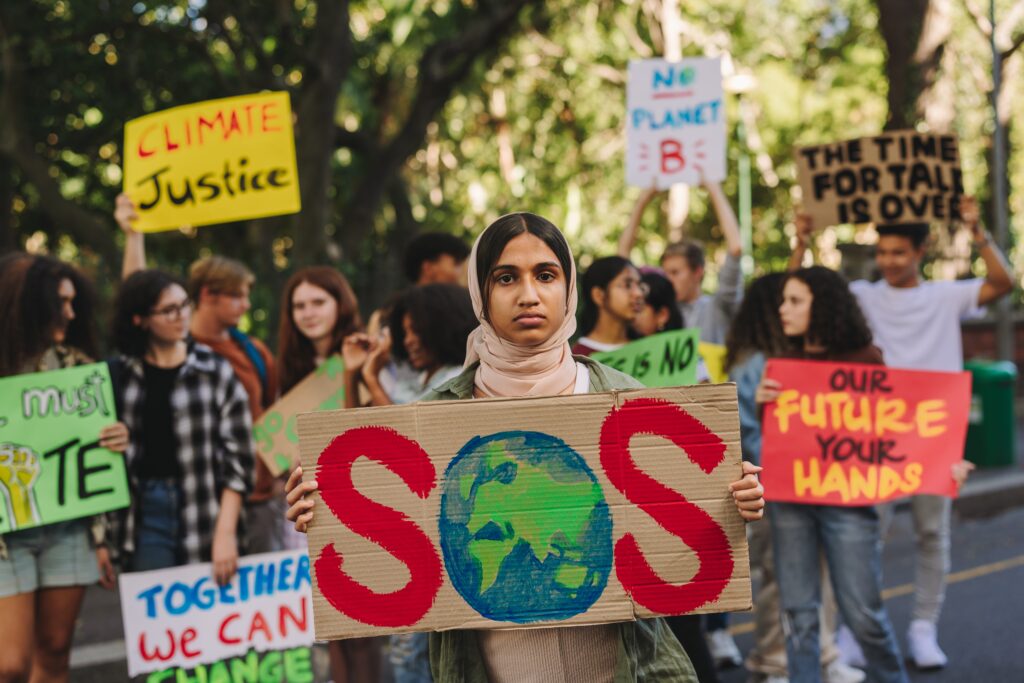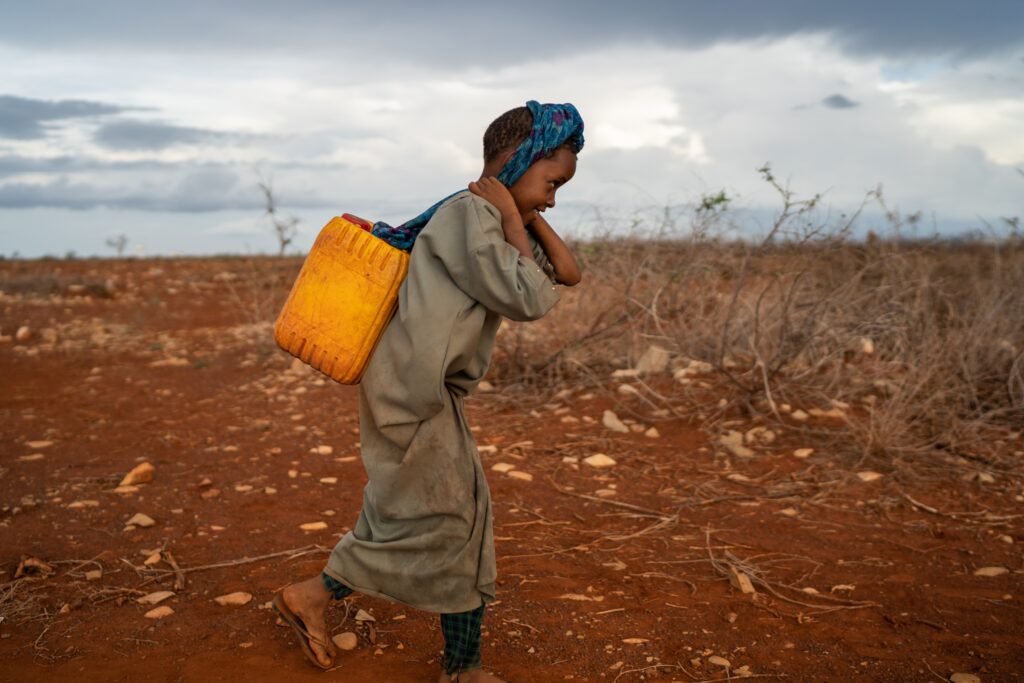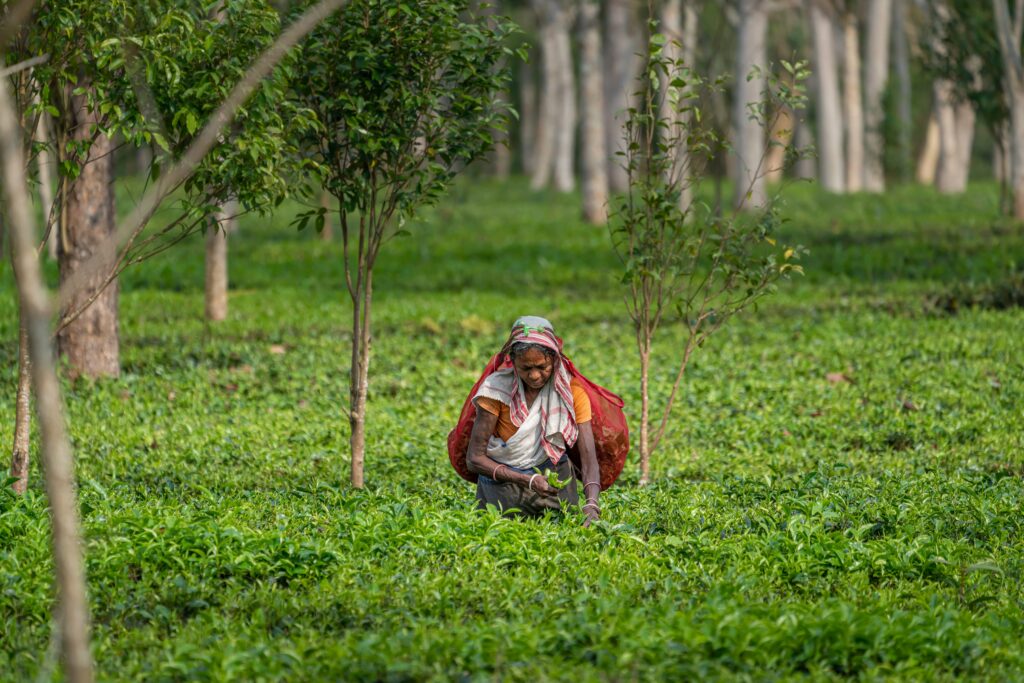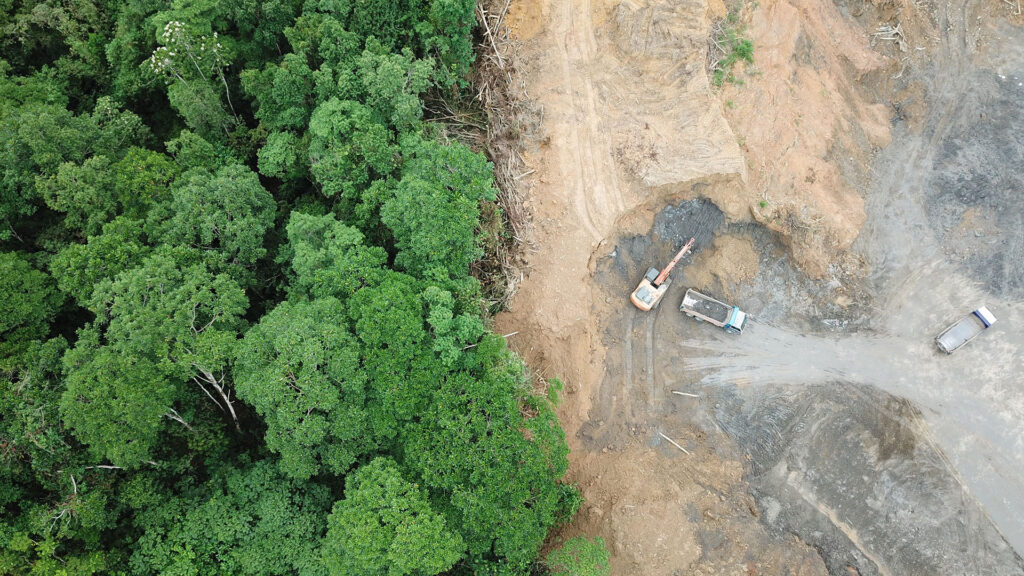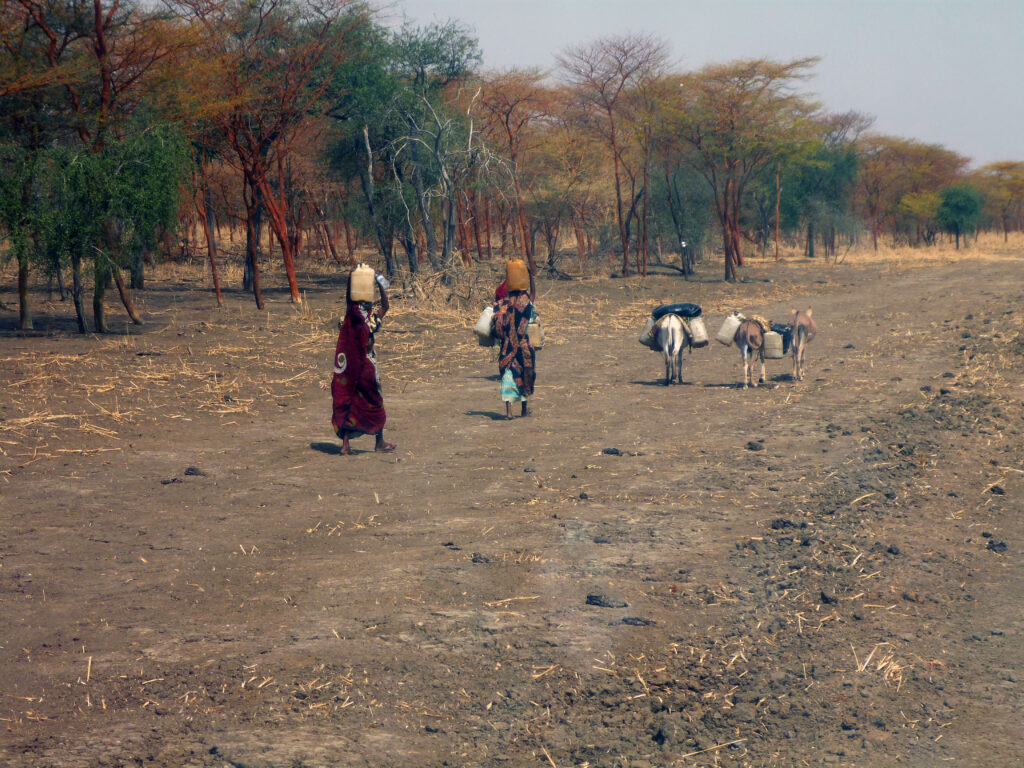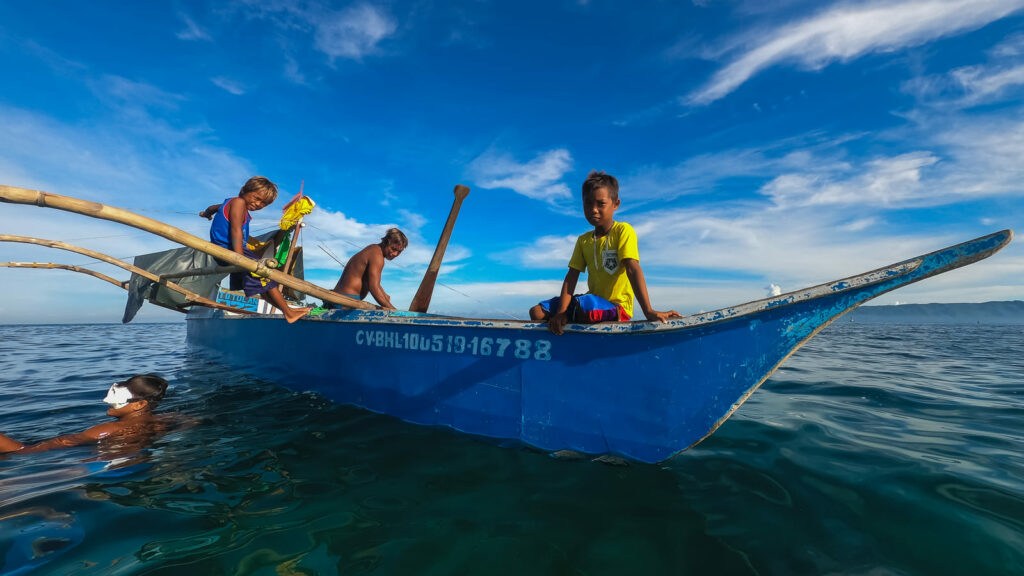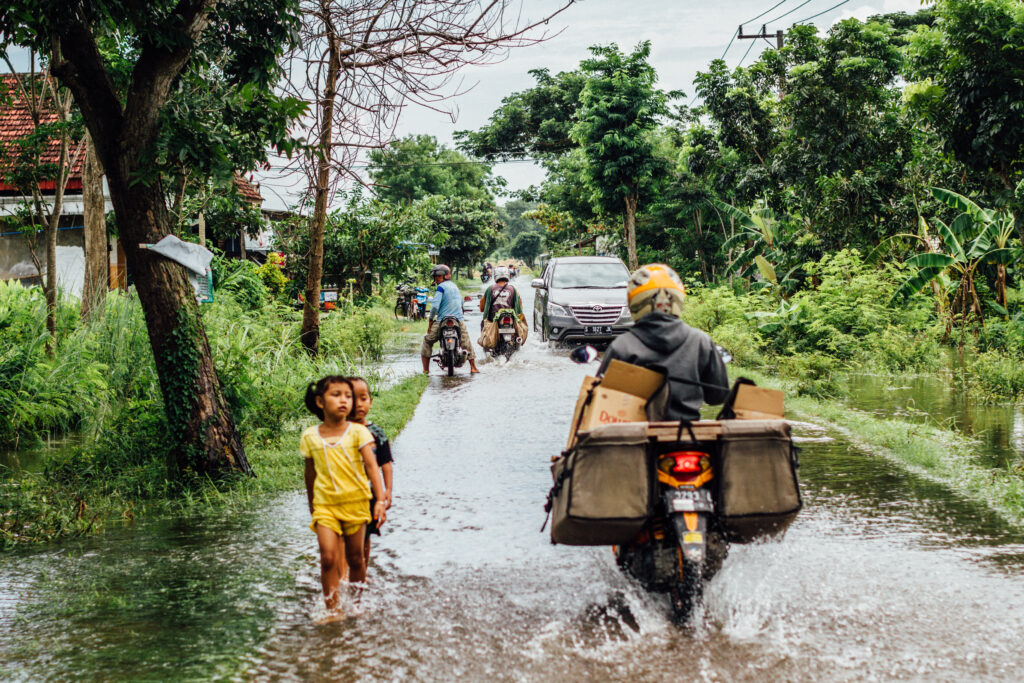The intertwined threat of the destruction of ecosystem and the climate crisis is especially acute in Asia. The continent is rich in biodiversity found nowhere else on Earth, and is home to two-thirds of the world’s population. Yet accelerating nature loss poses a grave threat, especially for communities and lives that are strongly dependent on the natural world.
The essential life services nature provides to humanity include clean air and water, pollination for crops and protection from storms and floods. Biodiversity and nature loss disrupt these contributions, and with Asia at the heart of the crisis, critical economic activities are under threat. For example, recent projections show Southeast Asia could lose as much as 42% of all species by the turn of the century, and that 63% of GDP in the Asia-Pacific region is at risk.
The Destruction of Ecosystem by Human Activities
While communities in Asia are on the front lines of this ecosystem destruction, the driving forces are often wealthy nations, financiers and corporations that are far removed from the consequences. A 2024 report Bankrolling Ecosystem Destruction found that since the 2015 Paris Agreement, some of the largest banks based in the EU, such as BNP Paribas, Santander and Deutsche Bank, have lent around USD 278 billion to corporations that damage forests and other climate-critical ecosystems.
The study, produced by a coalition of NGOs and published by Greenpeace International, highlighted that the financing of industrial agriculture is a key contributor. Moreover, the production and trading of commodities such as rubber, soy, palm oil and timber not only drive environmental destruction, but also have a devastating human impact by pushing millions of small-scale farmers into destitution. These activities exacerbate global inequality by enriching a few while impoverishing many.
“Europe thinks highly of itself for climate and nature protection, but looks the other way as its banks pour money into companies linked to massive nature destruction and related human rights abuses,” said Sigrid Deters, biodiversity campaigner at Greenpeace Netherlands, which co-published the report. “We can’t fight the climate crisis and ecological collapse while at the same time bankrolling extinction.”
Asia’s Disappearing Rainforests
Nature is a vital buffer against dangerous climate change, making its protection as crucial as reducing greenhouse gas emissions for safeguarding our future. Jonas Hulsens, from Friends of the Earth Netherlands, said biodiversity hotspots vital to climate stability, such as those in Southeast Asia, are disappearing at an “alarming rate.” Hulsens added that the EU must urgently show leadership by regulating its financial sector and stopping the flow of money into nature destruction.
For example, in Indonesia – the world’s largest palm oil producer – its richly biodiverse rainforests are gravely threatened by commodity agriculture and tree plantations. From 2002 to 2022, the nation had the second highest area of primary tropical forest loss, second only to Brazil, according to The World Resources Institute (WRI). Meanwhile, the Greenpeace report showed that two palm oil and pulpwood giants, RGE and Sinar Mas, have been linked to tens of thousands of hectares of deforestation in the nation since 2013, with continued destruction even after the 2020 cutoff date.
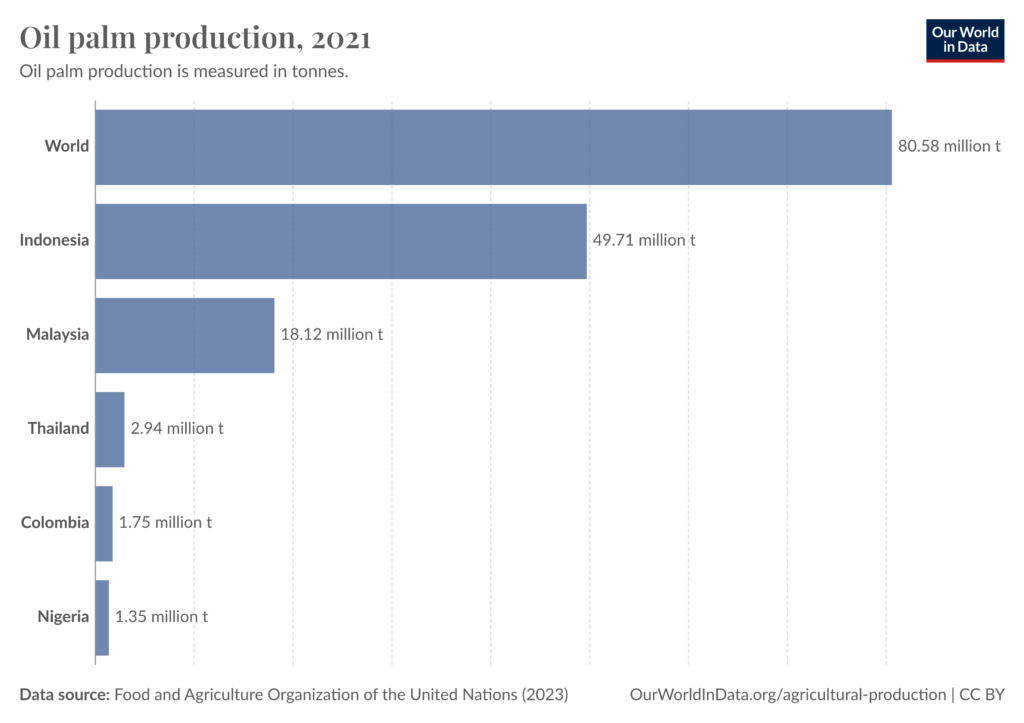
There is a very real and human impact of this ecosystem destruction, as millions of Indigenous peoples and thousands of Indigenous communities rely on Indonesia’s rainforests. A study by Human Rights Watch found that the establishment and expansion of oil palm plantations have “adversely affected Indigenous people’s rights to their forests, livelihood, food, water and culture,” leading to poverty, hunger and conflict.
Calls for Regulation To Protect Natural Resources
The current finance systems are undermining commitments to tackle the climate and biodiversity crises, the organisations publishing the report state. They are, therefore, demanding EU regulation to stop money flowing to companies that destroy nature and to instead align the financial sector with global climate and biodiversity targets.
For example, the EU deforestation regulation adopted in 2023 intends to reduce the impact of EU consumption by requiring companies to sell only deforestation-free products within its borders. However, these rules only address the physical products – and do not cover the money flowing into ecosystem destruction. “This gap must be plugged, or the EU risks finding itself in a paradoxical situation where its financial sector continues funding the destructive activities of companies supplying global markets with commodities and products linked to ecosystem destruction, while these same products cannot be sold in the EU,” the report stated.
Turning the Tide on Ecosystem Destruction
Stopping the destruction of ecosystems and the financial flows funding it is one side of the battle – investing in nature and replenishing the natural world is another. Ahead of the G7 Summit hosted in Italy in June, the World Wildlife Fund (WWF) released a briefing urging G7 leaders to fulfil the Global Biodiversity Framework (GBF) targets. This is to increase financial resources from developed to developing countries to at least USD 20 billion annually by 2025 increasing to USD 30 billion annually by 2030, and mobilise at least USD 200 billion per year from other sources.
Likewise, an open letter from Campaign for Nature’s Global Steering Committee to G7 leaders emphasises that as well as fulfilling this funding promise, the share of this financing to Indigenous peoples and local communities – who help conserve 80% of the world’s terrestrial biodiversity but receive less than 1% of the funding – must be increased. Signed by former heads of state, foreign ministers and diplomats, the latter stated: “The G7 has successfully raised the profile of nature in the last five years and driven ambitious action on the global stage. Now is the time to build on these commitments to truly turn the tide on nature loss.” The group emphasised that USD 20 billion is a small price to pay to protect our collective future. “We implore you not to let the world down.”
Evelyn Smail
Writer, United Kingdom
Evelyn is a freelance writer and journalist specialising in climate science and policy, the just energy transition and the human impacts of climate change. She writes for independent publications, NGOs and environmental organisations. Evelyn has a background in sustainable development, climate justice and human rights.
Evelyn is a freelance writer and journalist specialising in climate science and policy, the just energy transition and the human impacts of climate change. She writes for independent publications, NGOs and environmental organisations. Evelyn has a background in sustainable development, climate justice and human rights.


